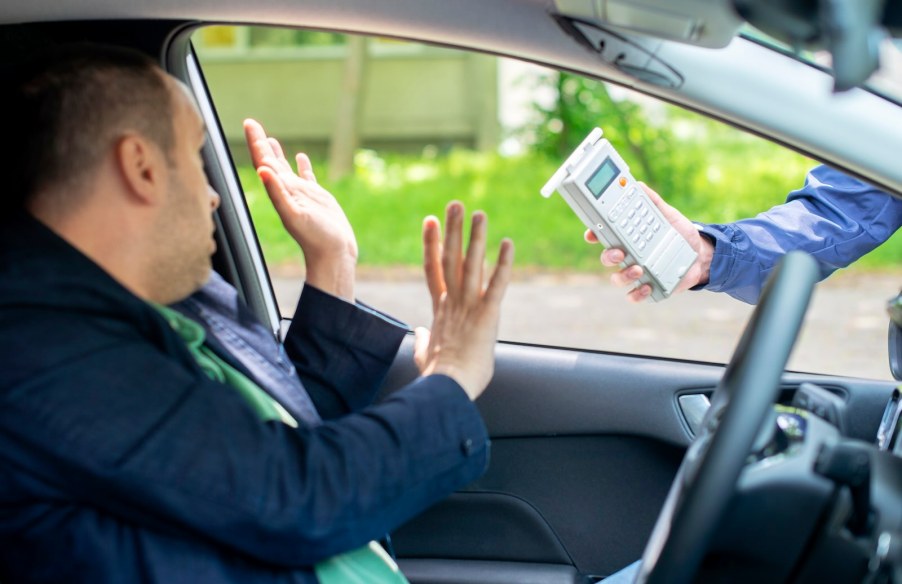
What happens after you refuse a breathalyzer test?
Imagine this scenario: You get pulled over one evening and the police suspect you’ve been drinking. So the officer puts you through a field sobriety test and doesn’t like the result. They ask you to take a breathalyzer test to establish your BAC once and for all. You say absolutely not. What’s interesting is that they can’t “compel” you to use the breathalyzer. But after the ticket you get for refusing, you may wish you’d agreed.
The breathalyzer test–along with blood tests (more accurate) and urine tests (less accurate)–are “chemical tests” to establish your BAC. You can’t legally be “compelled” to take a chemical test. But these tests make it so simple for police to figure out whether you’ve been drinking that they really want you to say yes.
In fact, most states have ruled that if you are driving on a public road you have “implied consent” for your BAC to be tested–even with a chemical test. The Justia website explains, “Since a driver who refuses to complete a chemical test violates the implied consent arrangement, almost every state imposes a mandatory driver’s license suspension on the driver.”

That’s right, refusing the breathalyzer test is an offense that can be punished by a big fine–often in the hundreds of dollars–and a long license suspension. This suspension can start with six months, or even a full year.
Some states have gone a step further. There was a time when getting a warrant for a breathalyzer test required waking up a judge, asking them to issue the warrant, then delivering the warrant to the scene of the traffic stop. Because of this, clever drivers often said they wouldn’t take the test without a warrant, giving them time to “sober up” and have a lower test result.
To prevent this, multiple states have rolled out a “no refusal” policy. They have a judge on call who can issue warrants immediately. The warrant is then emailed or texted to the investigating officer who is at the traffic stop. Once the police have a warrant they can order you to take the test. If you refuse then, you may be charged with obstructing justice or contempt.
The truth is that if you refuse a breathalyzer test, police aren’t going to just forget they asked. There are serious consequences.



